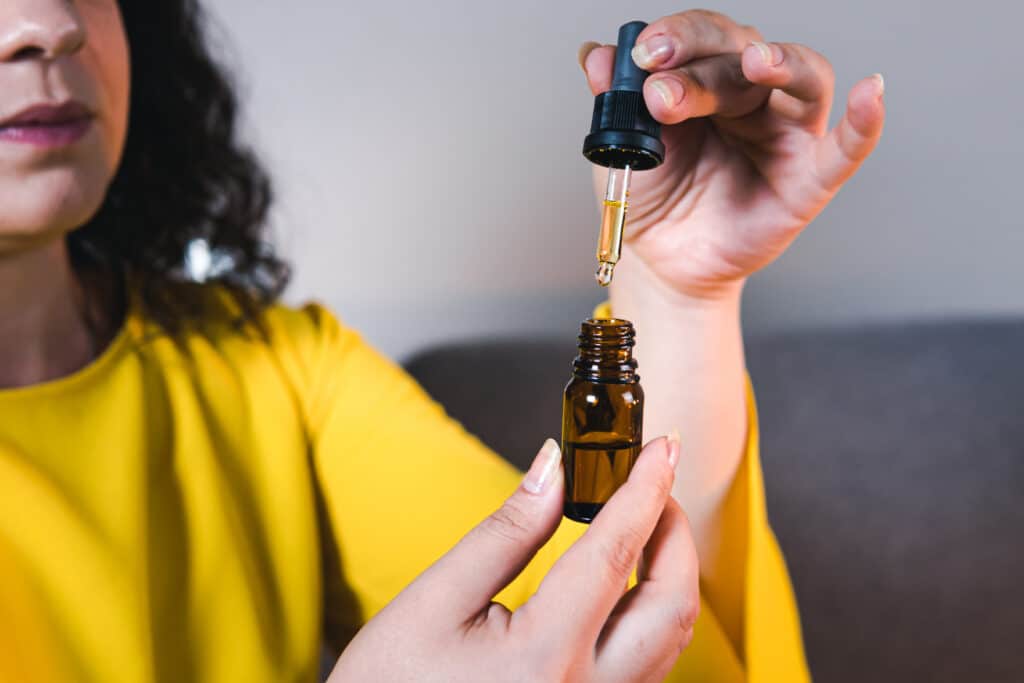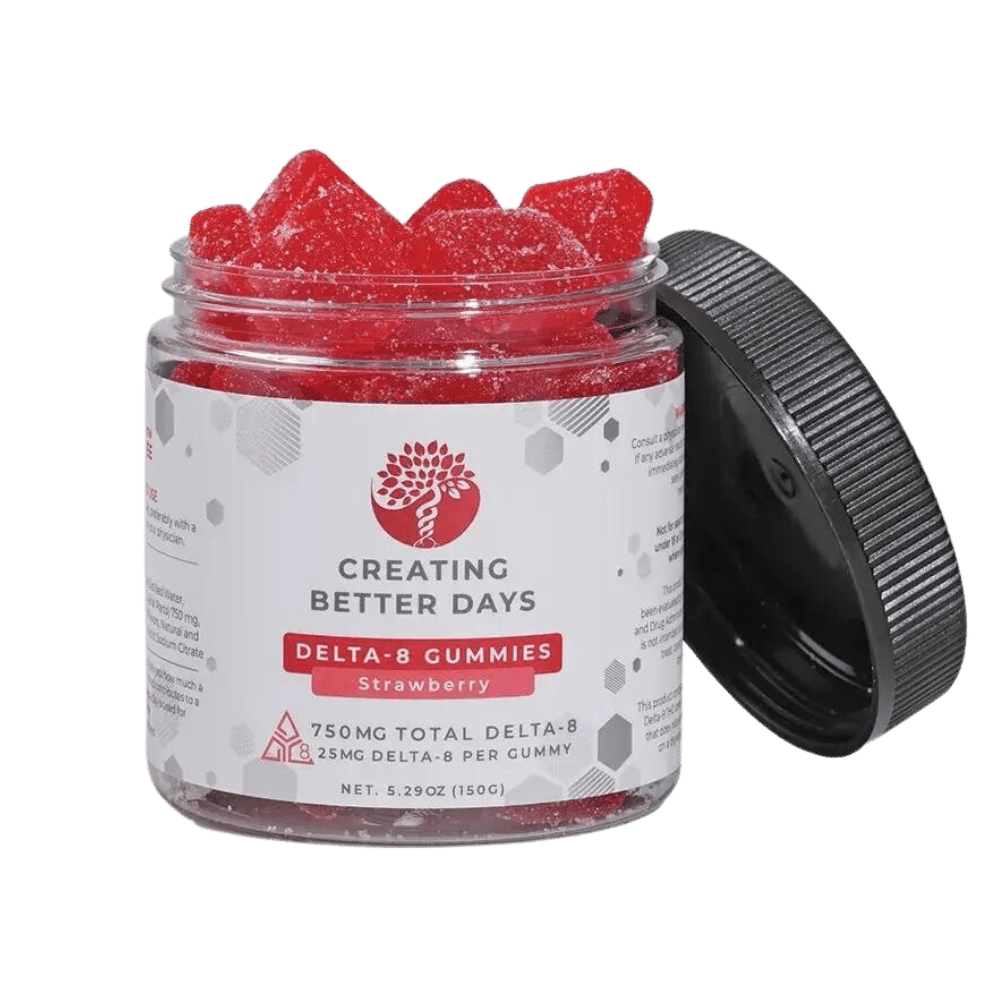In recent years, the wellness industry has witnessed a significant surge in the popularity of hemp supplements. Derived from the hemp plant, these supplements tout a wide array of potential health benefits, captivating consumers seeking natural remedies and holistic approaches to wellness. However, amid the enthusiasm surrounding hemp supplements, a nuanced understanding of their advantages, limitations, and future trajectory is essential.
Exploring the Good in Hemp Supplements
Nutritional Richness
Hemp is a nutritional powerhouse, boasting an impressive profile of essential fatty acids, proteins, vitamins, and minerals. Its seeds, oil, and extracts contain omega-3 and omega-6 fatty acids in an optimal ratio, fostering heart health and aiding in inflammation reduction.
Potential Health Benefits
Advocates highlight hemp supplements for their potential to alleviate symptoms of various conditions, including restlessness, chronic discomfort, and sleep ailments. Cannabidiol (CBD), a prominent compound in hemp, has garnered attention for its purported therapeutic effects without the psychoactive properties of THC.

Environmental Sustainability and Versatility
Hemp cultivation stands out for its eco-friendly footprint. Unlike many crops, hemp requires minimal pesticides, herbicides, and fertilizers, reducing environmental impact. Its fast growth rate and ability to thrive in various climates make it an attractive option for sustainable agriculture. Furthermore, hemp plants contribute to soil health by naturally detoxifying and revitalizing depleted soils, making it a promising player in regenerative farming practices. Embracing hemp supplements aligns with a greener, more sustainable future for agriculture and the planet.
Examining the Bad in Hemp Supplements
Regulatory Uncertainty & Inconsistencies in Product Quality
The lack of standardized regulations contributes to variations in product quality within the hemp supplement market. Quality control measures differ across manufacturers, leading to concerns about inconsistencies in potency, purity, and formulation. Without strict oversight, there’s a risk of mislabeling, inaccurate dosages, and potential contamination, undermining consumer confidence and safety. This lack of uniformity underscores the need for stringent quality standards and regulatory measures to ensure consistent, reliable products for consumers.
Lack of Clinical Evidence
While anecdotal evidence and preliminary studies suggest promising health benefits, conclusive scientific research on hemp supplements still needs to be conducted. The lack of large-scale clinical trials hampers the ability to fully comprehend their efficacy, optimal dosages, and potential long-term effects.
Market Saturation and Quality Control
The rapid growth of the hemp supplement market has led to an influx of products, raising questions about quality control, accurate labeling, and consumer education. Not all products are created equal, leading to variations in potency and purity.
Examining the Future Outlook of Hemp Supplements
Regulatory Evolution
As consumer demand persists, regulatory bodies gradually navigate the legal landscape to establish more straightforward guidelines for hemp-derived products. Strides in legislation and quality assurance measures are anticipated to enhance consumer trust and product reliability.
Advancements in Research
Continued scientific exploration into hemp’s compounds and their effects on human health will likely yield valuable insights. Robust clinical trials and comprehensive studies can elucidate hemp supplements’ true therapeutic potential and safety profile.
Market Maturation and Consumer Education
As the market matures, emphasis on consumer education becomes pivotal. Increased transparency, standardized labeling, and educational initiatives can empower consumers to make informed choices and discern high-quality products from available abundance.

Hemp Supplements Have Come a Long Way, But There’s Still a Long Way to Go
The rise of hemp supplements presents a multifaceted landscape of opportunities and challenges. The allure of natural remedies and the potential health benefits associated with hemp derivatives fuel their growing popularity. However, regulatory complexities, limited scientific consensus, and quality control issues underscore the importance of a cautious approach.
The future of hemp supplements hinges on regulatory developments, scientific advancements, and concerted efforts to educate consumers. With a balanced approach that prioritizes research, regulation, and consumer awareness, the trajectory of hemp supplements appears promising, offering potential as a valuable addition to the wellness industry while ensuring consumer safety and efficacy. At 42 Degrees, we want to help you with your hemp supplement journey.
It’s time to embark on an informed journey towards holistic wellness. Embrace the potential of hemp supplements by seeking reliable, high-quality products from reputable sources. Stay informed, advocate for more transparent regulations, and support robust scientific research to unlock the full spectrum of benefits these supplements may offer. Your choices today shape the future of hemp in wellness—let’s pave the way together for a healthier, more enlightened tomorrow.
Visit one of our locations today, and our knowledgeable staff will help you get started.





